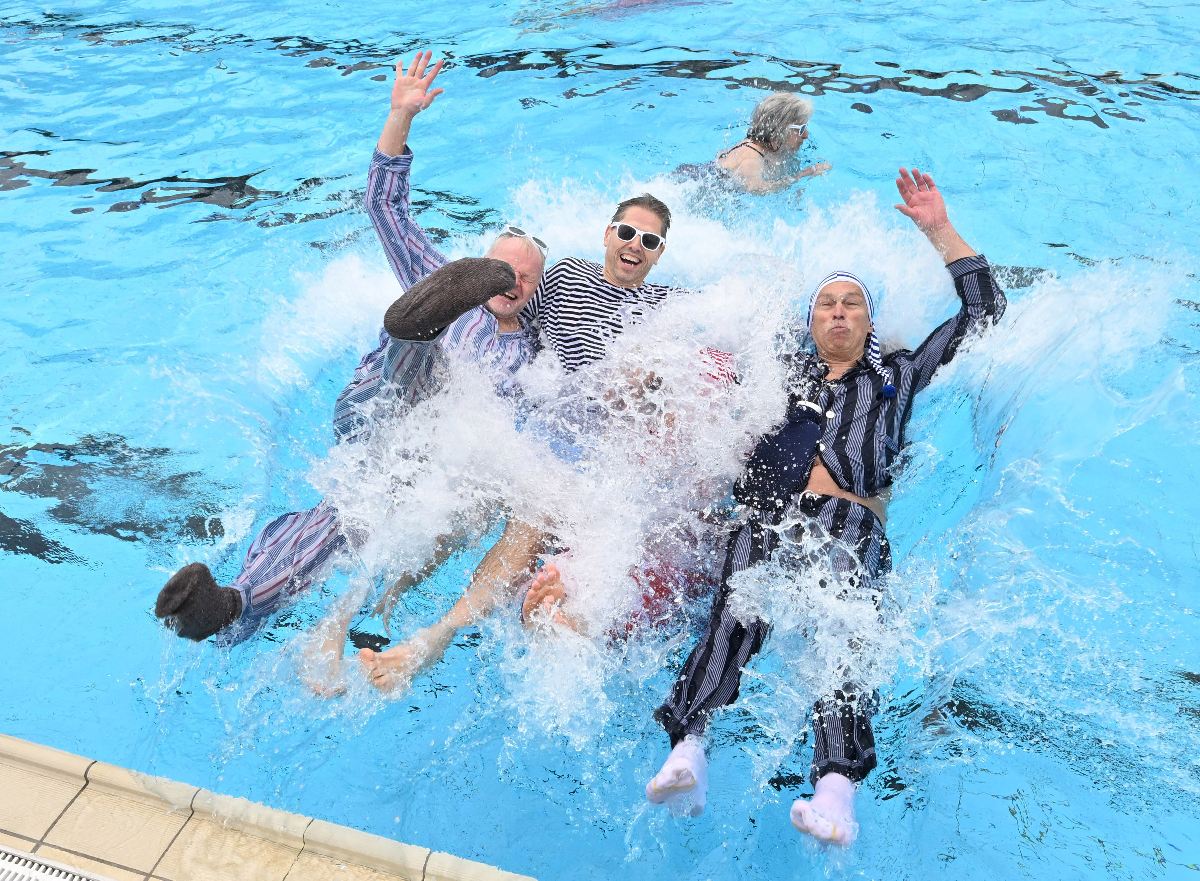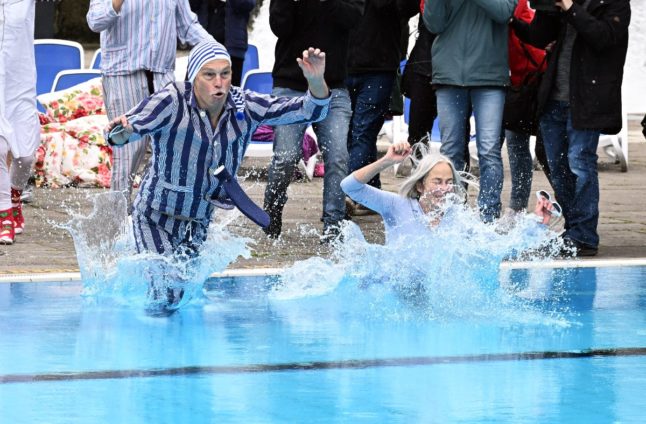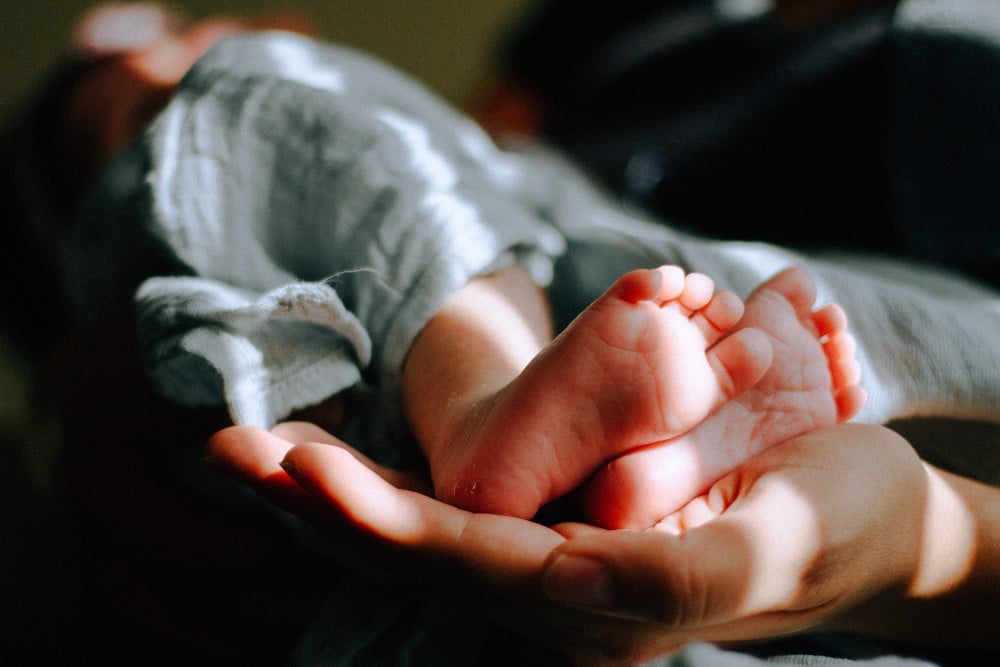Techno scene in Berlin given special cultural status
If you’ve chatted with Germans, you might have noticed something that many of them have in common – a love of techno music. That’s right, Germany seems to have taken the crown of the techno capital of the world. And arguably, Berlin is the ultimate place to enjoy the thumping beats in a club like Kater Blau, Tresor or the infamous Berghain. This week, the importance of the capital city’s techno scene was honoured after it was named as one of six new entries on UNESCO’s intangible cultural heritage in Germany. Berlin’s Clubcommison, which brings together the city’s techno clubs, said the move was “another milestone for Berlin techno producers, artists, club operators and event organisers”.
The origins of techno can be traced back to 1980’s Detroit, but the genre caught the imagination of Germans, especially after the fall of the Berlin Wall in 1989. In the aftermath, abandoned buildings became a place for DJs to perform and people to dance together. The Clubcommison added: “Our gratitude goes in particular to bands like Kraftwerk and African-American DJs and producers like Underground Resistance from Detroit, who made a significant contribution to the creation and spread of techno culture.” It’s not just the cultural factor that Berlin techno brings. According to a study, clubs brought €1.5 billion into the city in 2018. Check out our article here to read more about this initiative and some of the other sites across Germany that made it into the UNESCO list.
Tweet of the week
John Cena, pictured here at the Oscars last weekend, is just missing the socks to complete the German look.
While everyone reports that John Cents gave the award naked, Der Spiegel describes him as wearing Birkenstocks. There’s always a local angle ! pic.twitter.com/mqFCpHpZ0g
— James Jackson (@derJamesJackson) March 11, 2024
Germany in Focus podcast
In this week’s episode, we get into whether we’ll see strikes at Easter, the German city with a public lighting display for Ramadan, why there’s a delay in the dual citizenship law passing the final hurdle, Berlin’s citizenship bureaucracy nightmare and the German community protesting against Tesla.
Check it out here or wherever you get your podcasts. Please leave a review and a rating or let us know your feedback. You can email the team directly at [email protected].
Where is this?

Temperatures soared in Germany on Friday, with some areas scraping 20C. But let’s face it: the water is still cold. That didn’t stop these swimmers in Karlsruhe, Baden-Württemberg who enjoyed the opening of the Sonnenbad outdoor pool. According to the operator, it is the first outdoor swimming pool in Germany to open its doors after the winter break.
Did you know?
It’s understood that Germans have a bit of a soft spot for car culture. But did you know that you can even stay in a car themed hotel in Baden-Württemberg? The V8 Motorworld Hotels Superior and Classic are part of the Motorworld complex developed on the site of the old Böblingen Airport, where motorsports fans come for tradeshows, networking and for other automotive-themed events, Mike Stuchbery reported in an article for The Local recently.
In the rooms of these hotels, beds are made from original cars and they feature art inspired by motorsports. And if you’re hungry, then look no further. “Each hotel also has a restaurant revered throughout the region by local American populations for its offerings, from Tex-Mex to barbecue,” wrote Mike. Let us know if you’ve been!




 Please whitelist us to continue reading.
Please whitelist us to continue reading.
Member comments